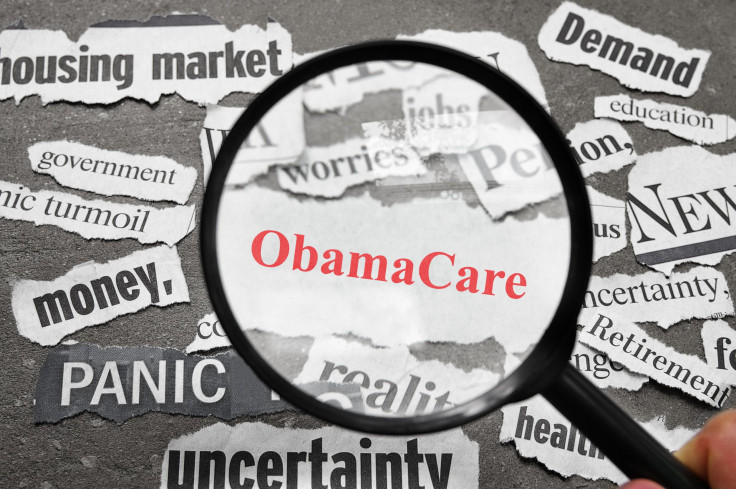Most Americans Don't Know How To Choose Obamacare Policies; 80% May Overspend On Government-Subsidized Plans

Although many support a free market ideology, most Americans lack sufficient understanding of their own medical needs to adequately choose the most appropriate insurance policy — a mismatch that may ultimately cost taxpayers $9 billion in waste, a new study suggests.
Using a computer simulation modeling the new online health care exchanges, investigators from Columbia Business School say more than 80 percent of U.S. consumers might err in estimating their medical requirements while shopping for a policy. Today, thousands of Americans continue to consider their options under the Affordable Care Act (ACA), as the federal government’s Healthcare.gov website improves with age.
"Consumers' failure to identify the most appropriate plan has considerable consequences on both their pocketbooks as well as the cost of the overall system," investigator Eric Johnson, said Thursday in a statement. "If consumers can't identify the most cost–efficient plan for their needs, the exchanges will fail to produce competitive pressures on health care providers and bring down costs across the board, one of the main advantages of relying upon choice and markets."
An expert in consumer behavior as applied to public policy, Johnson has served for the past year as an advisor for several state-based health care exchange systems, which serve the 23 states exempted from the federal version. In the study, Johnson and his colleagues conducted six experiments to gauge consumer behavior on the exchanges, asking participants of varying socioeconomic status to choose cost-effective plans.
Among findings, Johnson and his colleagues ascertained the average consumer might lose $611 by failing to make the best choice — a mistake equaling a half-week’s pay for the average American. Consumers also appeared unmotivated by cash prizes to make better informed choices. “Surprisingly, providing monetary incentives alone did not improve outcomes,” the investigators wrote. Participants were offered $1 for every correct answer and entrance into a lottery that pays one winner $200, yet 79 percent of participants still chose the wrong plan, inadvertently adding $419 to the cost of their health insurance.”
However, Johnson cautioned conservative opponents of Obamacare with “misusing” this new study. "Amid the political heat around the health care law, there's going to be a great propensity for some politicians to jump on this study and misinterpret these results,” Johnson said. “This research presents no empirical evidence that in any way is an argument for or against the [ACA] itself. Instead, this is research about the difficulties and complexities in creating the actual delivery systems, which is being done in both blue and red states."
Published by Medicaldaily.com



























